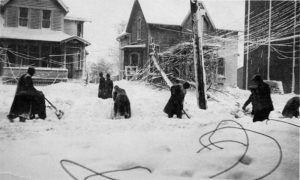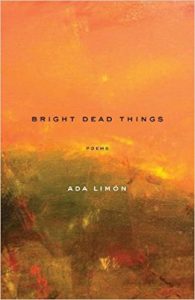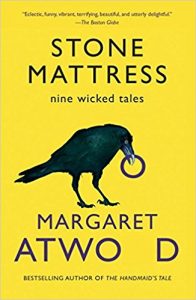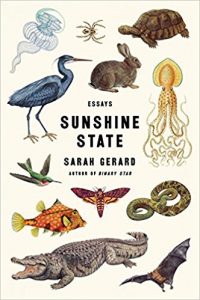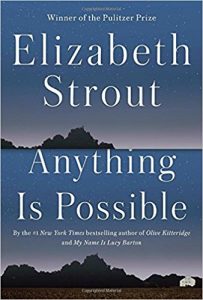If I am honest, I tend not to read fiction, but much to my surprise, I thoroughly enjoyed the beginning chapter of the novel. After having read the assigned chapter, I considered reading the next. Strout’s sentences don’t continue at length, nor does she ramble idly. She writes about unremarkable, quotidian moments in such a way as to engage the reader in her seamless prose style. She doesn’t often use words that aren’t widely known. It seems she focuses, instead, on the way the sentences are arranged, grammatically. An example of this is on page 9: “He always remembered that hug, because she had been so thin; he could feel her bones and her small breasts, and because he wondered later how much — how little — that girl had ever been hugged.” Another example is on the 11th page, after Tommy left Marilyn Macauley’s store: “Tommy thought what other people thought, it was because her husband had been in Veitnam and had never afterward been the same; Tommy would see Charley Macauley around town, and he always looked so far away, the poor man, and poor Marilyn too.” I also quite enjoyed the passage of the 24th page, after Tommy leaves Pete to take down his mother’s sign: “He saw the boy — the man — hit the sign again and again with what seemed to be increasing force, and as Tommy’s car dipped down just slightly, losing sight for a moment, he thought: Wait. And when his car came back up he looked again in the rearview mirror and he saw again this boy-man hitting the sign with rage, with a ferocity that astonished Tommy, it was astonishing, the rage with which that man was hitting that sign.” I don’t know if what I love about this passage are its contents, or the beautifully, clean prose in which it’s written.



